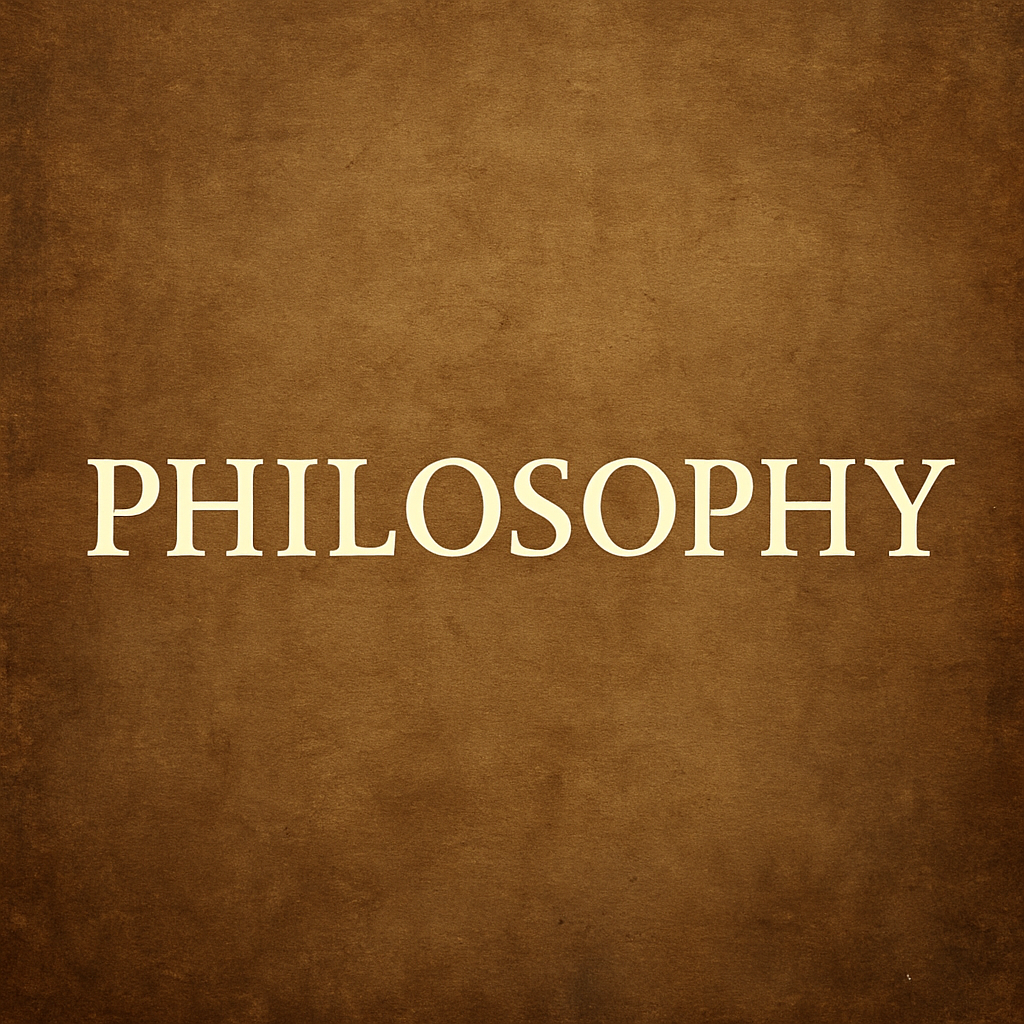In the contemporary philosophical landscape, few voices have challenged the dominance of materialist metaphysics as effectively as Bernardo Kastrup. Through a unique blend of rigorous logic, scientific literacy, and metaphysical clarity, Kastrup has reintroduced idealism—not as a romantic or mystical counterpoint to science, but as a coherent, scientifically compatible worldview that places consciousness at the foundation of reality.
This position, known as Analytic Idealism, has the potential to act as a pivotal transition point in intellectual development. For individuals and cultures operating primarily within a materialist paradigm, it provides a rational and structured path out of the epistemological cul-de-sac of physicalism and toward more integrative, spiritually open frameworks.
What Is Analytic Idealism?
At its core, Analytic Idealism asserts that consciousness is the fundamental substrate of reality, and that what we perceive as the physical world arises within, and is mediated by, this field of experience. Contrary to the materialist assumption that the brain produces consciousness, Kastrup argues that brains and bodies are mental representations—localized patterns within a broader field of universal consciousness.
Kastrup is not the first to make this argument, but he is perhaps the first in the modern era to do so with such analytical precision. Drawing from quantum physics, neuroscience, and analytic philosophy, he dismantles the internal inconsistencies of materialism while constructing a logically robust alternative.
Notable works such as Why Materialism Is Baloney, The Idea of the World, and Analytic Idealism systematically lay out his case, blending empirical insight with metaphysical depth.
Developmental Implications: Spiral Dynamics and Integral Theory
From a developmental psychology perspective, Kastrup’s work can be understood through the lens of Spiral Dynamics, a model that describes the evolution of human value systems through identifiable stages.
Materialist science corresponds closely to the Orange value meme—rational, achievement-oriented, and skeptical of unverified interior experience. While Orange thinking has driven enormous progress, it often dismisses phenomena that cannot be objectified or measured. In doing so, it can stifle deeper exploration of meaning, interiority, and transpersonal experience.
Analytic Idealism serves as a gateway from Orange to Green and Teal stages, where empathy, wholeness, and systems thinking begin to take precedence. It offers a transition out of the flatland of materialism by introducing a philosophically rigorous framework in which subjectivity is not a byproduct of physical processes but the very ground of being.
In Ken Wilber’s Integral Theory, which incorporates Spiral Dynamics as one of its components, this movement represents a crucial step in achieving what Wilber calls “Integral consciousness”—a synthesis of body, mind, soul, and spirit; self, culture, and nature; science, ethics, and aesthetics.
Kastrup’s contribution is especially significant in that it honors the epistemic achievements of science while exposing its metaphysical limitations. It does not ask the scientific mind to abandon reason—it asks it to expand.
Opening the Door to the Spiritual
One of the most profound implications of Analytic Idealism is its re-legitimization of the spiritual domain. If consciousness is primary, then mystical, introspective, and transpersonal states are not epiphenomenal—they are ontologically meaningful.
This shift provides a fertile ground for renewed interest in traditions such as Vedanta, Buddhism, Christian mysticism, and depth psychology. It invites inquiry into altered states of consciousness, archetypal dynamics, and non-dual awareness—not as fringe curiosities, but as valid domains of exploration within a conscious universe.
In this light, Kastrup’s work stands not only as a critique of materialism but also as an invitation to a more integrated way of knowing—one that spans disciplines, cultures, and levels of consciousness.
Conclusion: Toward an Integral Metaphysics
In an era marked by fragmentation—between mind and body, science and spirit, inner and outer—Analytic Idealism offers a unifying metaphysical framework. It is both a corrective and a catalyst: correcting the epistemological reductionism of materialism while catalyzing a new stage of thought that embraces complexity, interdependence, and inner depth.
Bernardo Kastrup’s work does not merely resurrect idealism as a historical curiosity. It retools it for the modern world, grounding it in contemporary science and making it accessible to those who might otherwise resist metaphysical inquiry. In doing so, it performs a critical developmental function: helping minds shaped by materialism take their next evolutionary step toward a more integral, conscious, and connected worldview.


